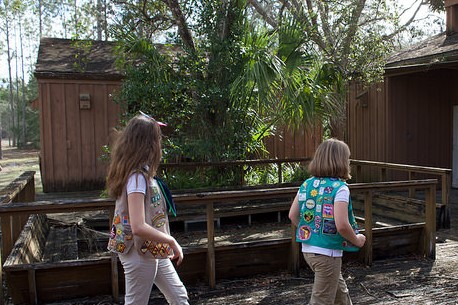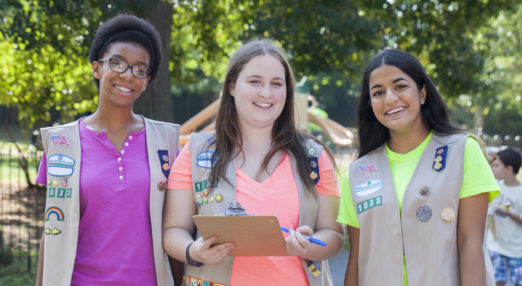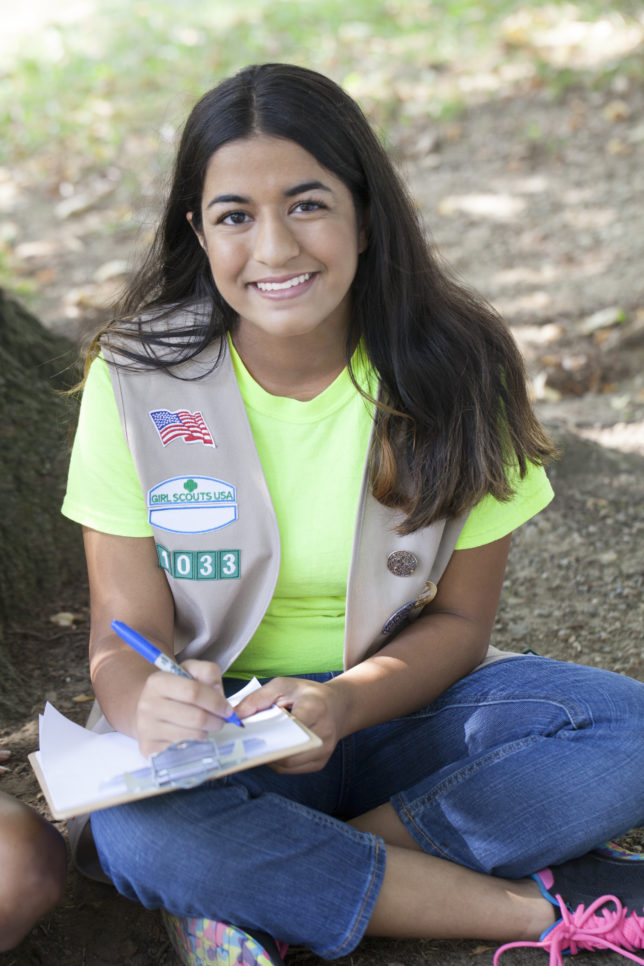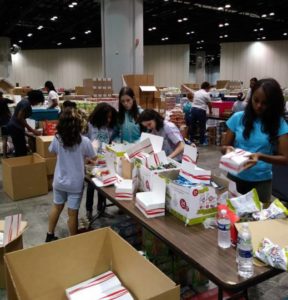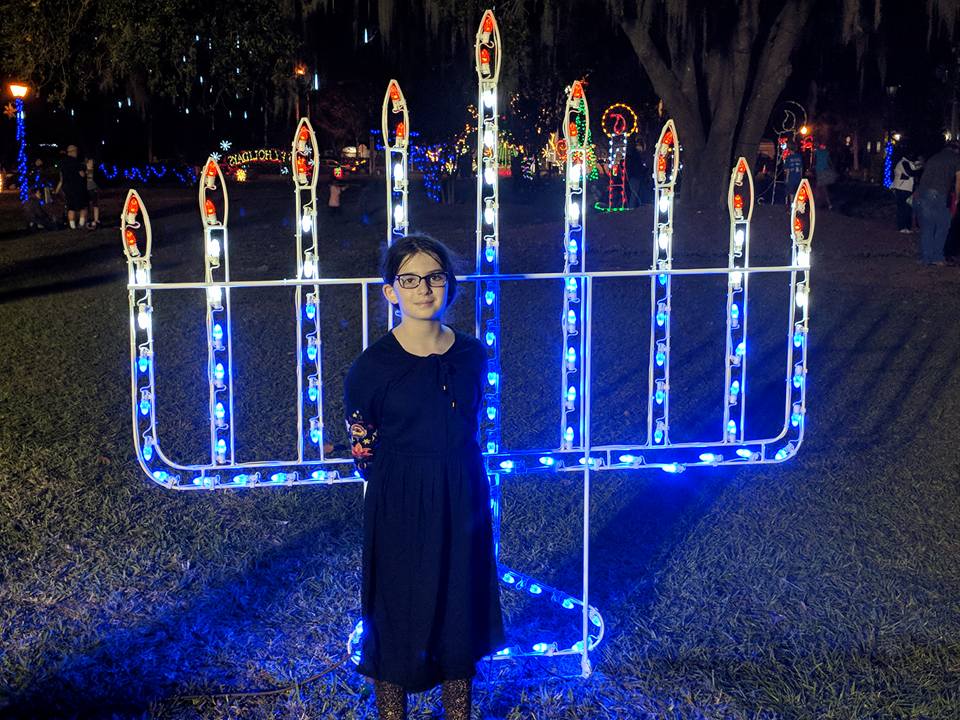 Leadership
Leadership
Celebrating Women’s History Month
Women’s History Month is a celebration of women’s contributions to history, culture and society. What you may not know is this event began as a small-town school event in California in the late 70’s and started out as a week-long event, known as Women’s History Week. International Women’s Day on March 8 was seen as the focal point for this week.
In 1980, President Carter issued the first Presidential Proclamation declaring this week as National Women’s History Week. Over the years, several states had declared the month of March as Women’s History Month. The momentum influenced Congress to declare the month of March 1987 as National Women’s History Month.
Traditionally, Women’s History Month in schools has focused on the U.S. women’s suffrage and reform movements of the late 1800s and early 1900s, but there’s oh-so-much more! Girls and women are making history every day!
 Ways to Celebrate:
Ways to Celebrate:
- Get inspired with videos from makers.com.
- March 8: International Women’s Day, a global celebration of the economic, political and social achievements of women, took place for the first time on March 8, 1911.
- Thank a woman who inspires you. Write her a letter. Send her a message on Facebook. Send her a gif of appreciation.
- Read about women throughout history who’ve done amazing things.
- Share your story through a creative outlet. Women’s stories need to be heard. Submit a piece to your favorite publication. Start a blog. Launch a YouTube channel.
- Mentor a young woman or Girl Scout. Girls everywhere are in need of positive role models that can help them grow and develop into leaders.
- Earn a Badge!Like the “Girl Scout Way” badge, Celebrating Community or My Family Story for Brownies, or Playing the Past for Juniors. Or check out the GIRLtopia Journey for Seniors.
Just a note: Throughout history, women trailblazers have fought both for and against controversial topics. As you explore the resources linked here, and do your own research and discovery alongside girls, you might find topics and causes that are still controversial today. If you’re a troop leader, communicate openly with parents of the girls in your troop so they know what you’ll be discussing at your troop meeting. If a polarizing topic arises, be sure to cover both sides of the issue briefly, and then move on.
